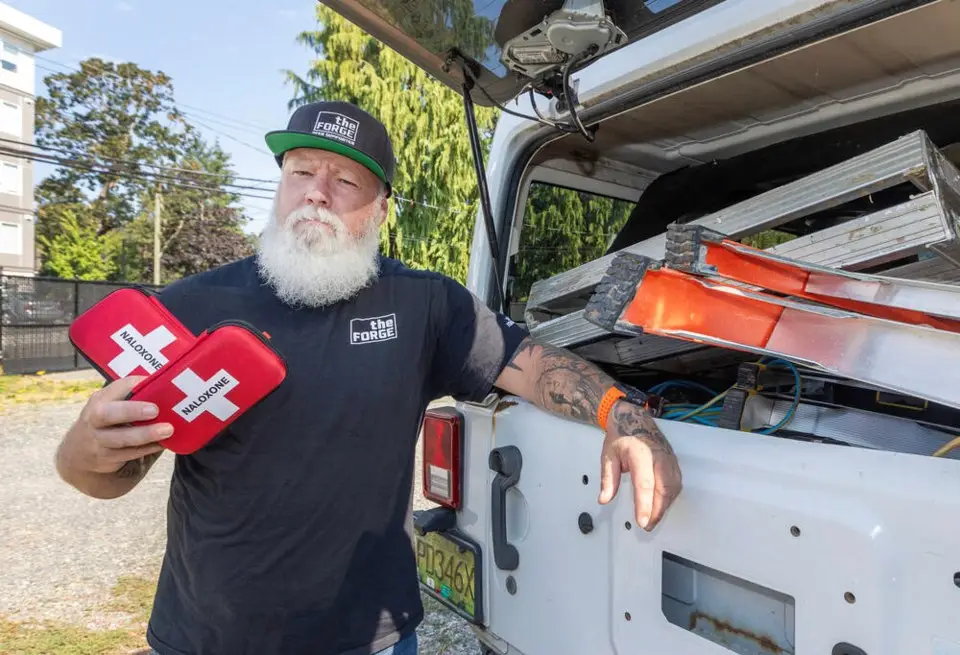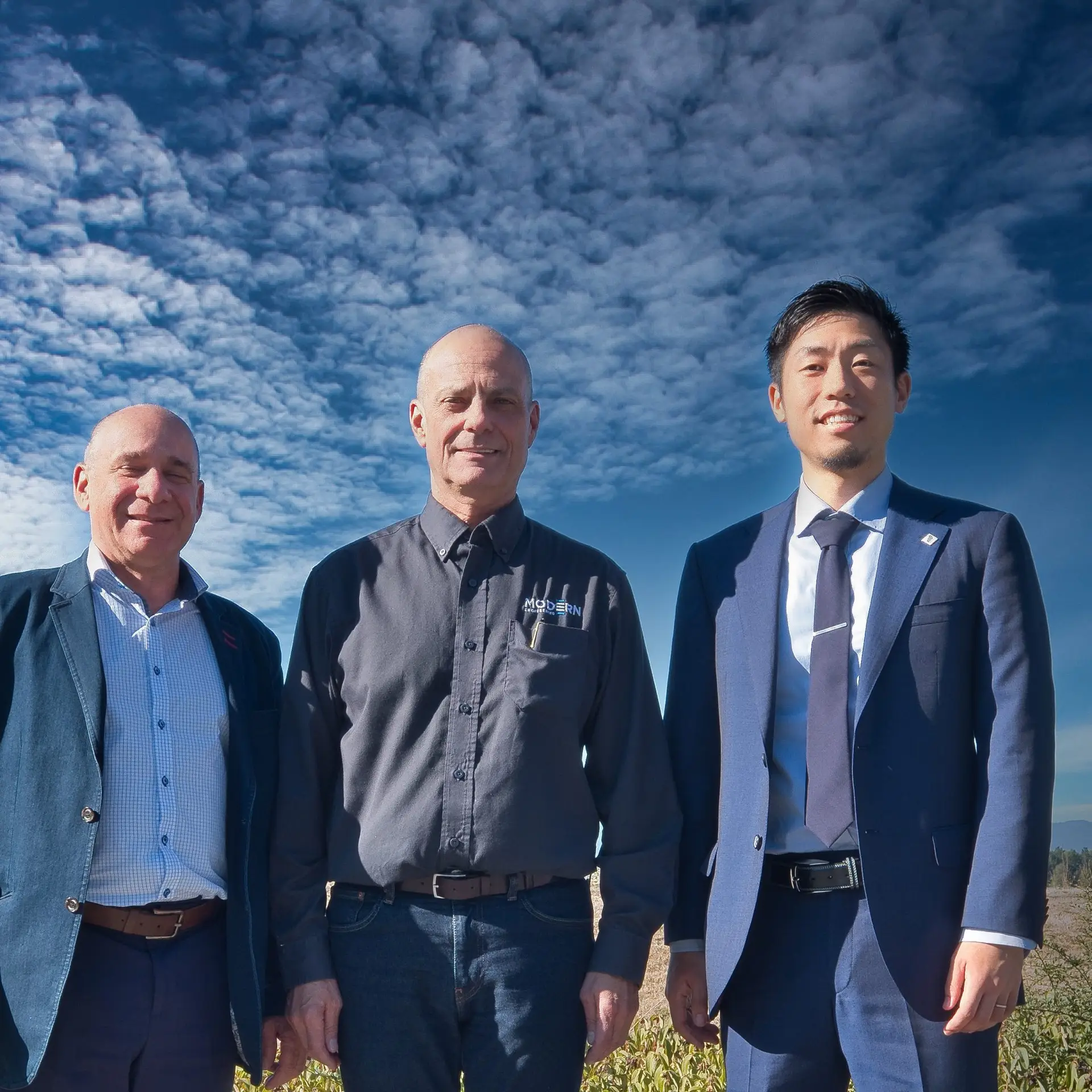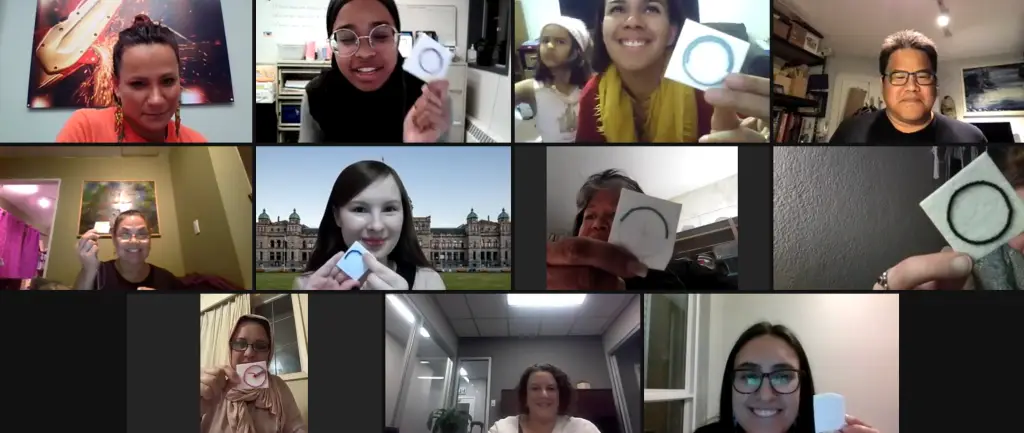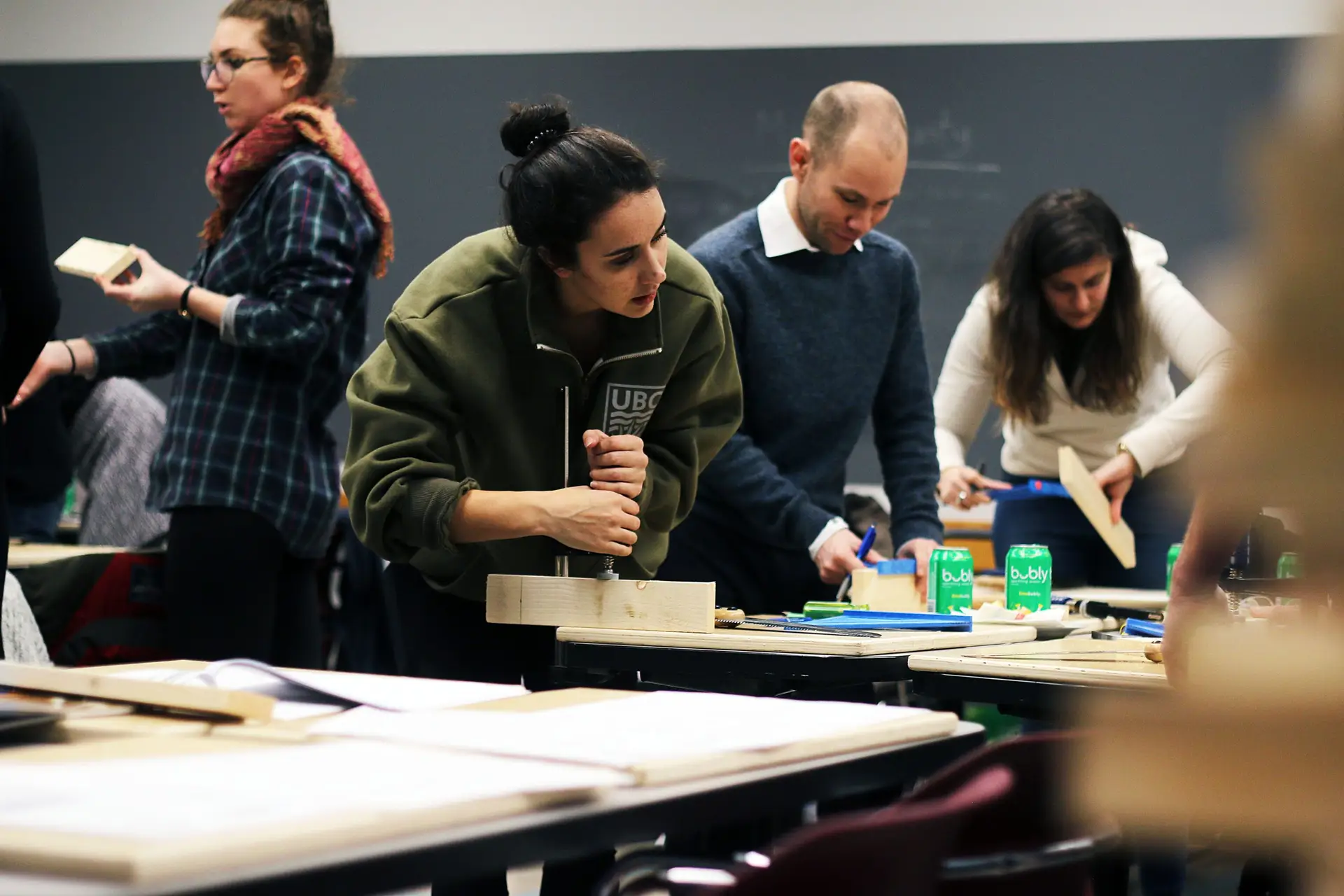For Trevor Botkin, Sunday’s International Overdose Awareness Day is a chance to reflect on his journey with addiction.
The manager of industry relations for the Construction Foundation of British Columbia said his experience with addiction was worsened by the stigma associated with asking for help, especially in a male-dominated industry.
Now in recovery, Botkin advocates for widespread job-site access to the overdose-reversing drug naloxone, along with a shift in culture at trades workplaces.
“Overdose Awareness Day is a chance to reflect and look back on the loss, look forward at solutions and how we can empower people to be a part of the solution,” Botkin said. “On my shoulders, I carry the grief of a lot of losses over the last 10 years.”
Thousands will gather worldwide Sunday to commemorate International Overdose Awareness Day, as B.C. marks nine years since illicit-drug-related deaths and injuries prompted the declaration of a public health emergency.
So far this year, the Vancouver Island Health Authority has recorded 163 deaths from toxic-drug poisoning; 455 deaths were recorded for all of 2024.
Jan Mahoney, who lost her 21-year-old son Michael to an overdose in 2018, said the stigma of talking about his death was challenging to overcome. “It’s not something you feel you can really talk about,” she said.
Mahoney belongs to Moms Stop the Harm, a group dedicated to supporting those who have lost loved ones to overdose and advocating for an end to the toxic drug crisis.
The group is hosting a vigil at Broad View United Church in Saanich Sunday at 7 p.m., where people can bring photos and light candles in memory of loved ones they have lost. Another event, hosted by Doctors for Safer Drug Policy, is scheduled for Monday from 11 a.m. to 1 p.m. on the legislature lawn.
Of the overdose deaths in B.C. since 2022, 21 per cent were people who worked in trades, transport and equipment operations, according to the B.C. Coroners Service.
Botkin co-hosts a podcast called Off the Clock Toolbox Talk, where he interviews other trades workers about their experiences with substance use and how they found hope. A lot of trades workers turn to substance use to cope with the emotional and physical pain that can come with the job. “When we start to get in the deep end, we tend to try and hide that from even our co-workers.” Botkin said.
Reaching out for help was the only way for him to make it through recovery, and he stayed sick for longer than he should have because he thought he could fix his issues alone.
The construction foundation is developing a program called The Forge, where tradespeople trained to offer support mentor their peers to reduce the stigma of substance abuse.
Travis Sharpe, a peer-to-peer mentor and construction worker who used to struggle with substance abuse, said the program works to help people, often men, who find it challenging to ask for help.
“People were there when I needed the help,” he said, adding that he could not have recovered alone. Making naloxone accessible on job sites will help de-stigmatize illicit-drug use, he said.
Rev. Shelagh MacKinnon, pastoral care and transition minister at Broad View United Church, said the non-religious vigil will focus on compassion and connection, and that humanizing the toxic drug crisis is crucial.
“It’s a time of memory,” she said, adding that humanizing the toxic drug crisis is crucial.
MacKinnon said she’s looking forward to the moment during the vigil when people will be encouraged to say the names of those who have died. “If just one person has the chance to say a name out loud and they haven’t yet, it will be worth it.”
Shared from: Times Colonist





